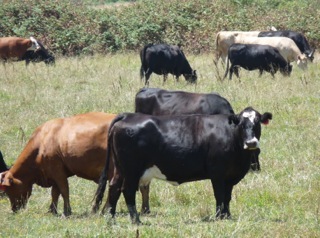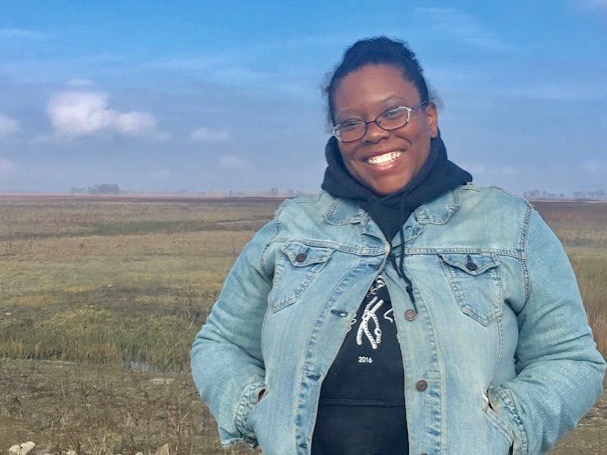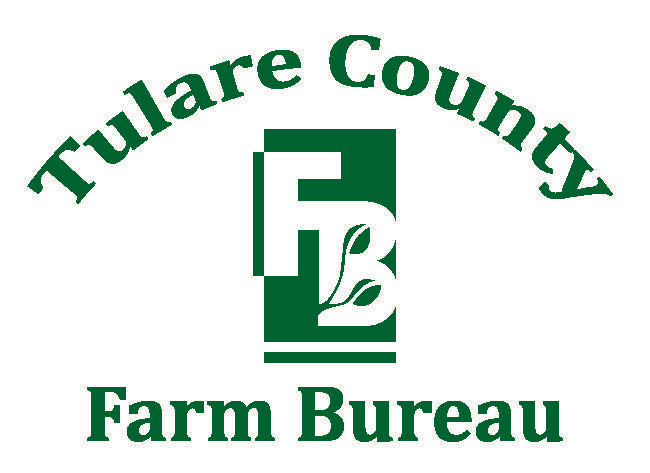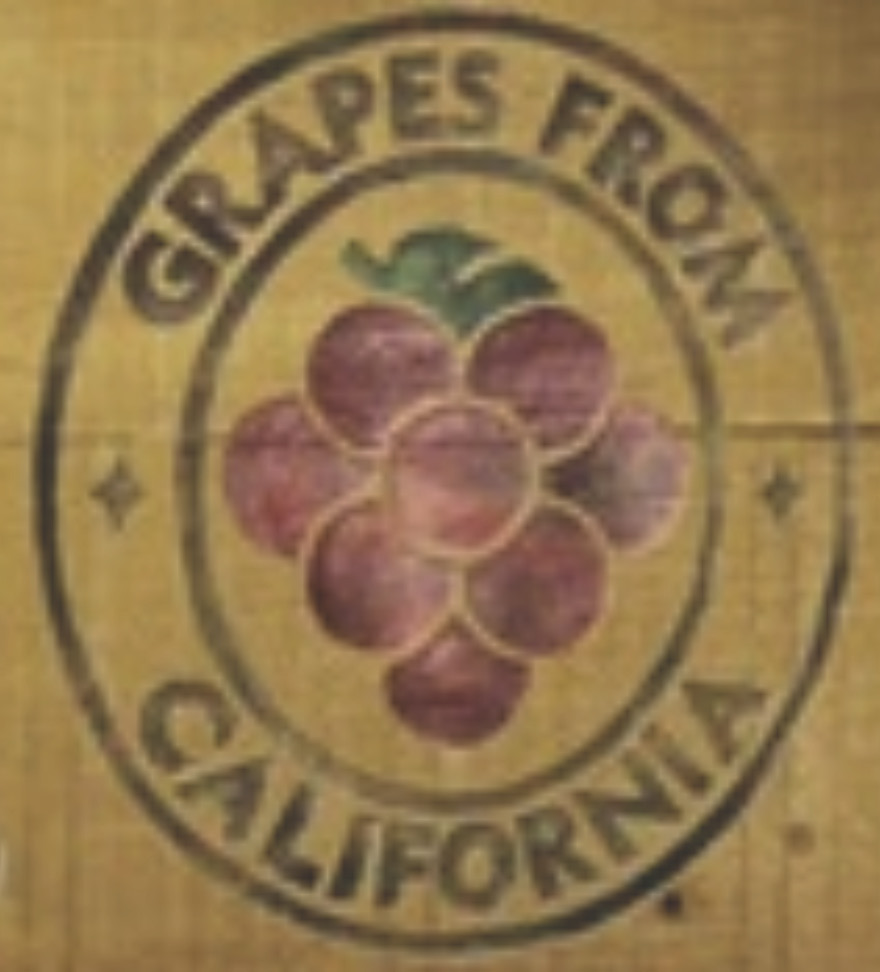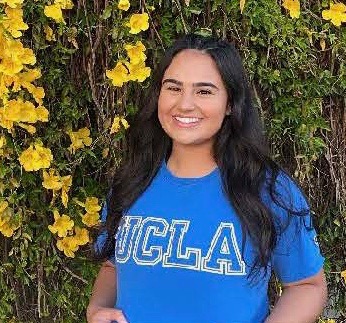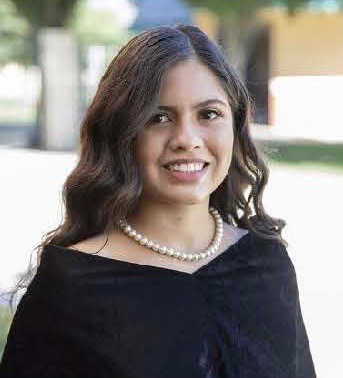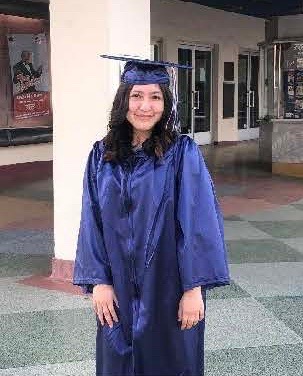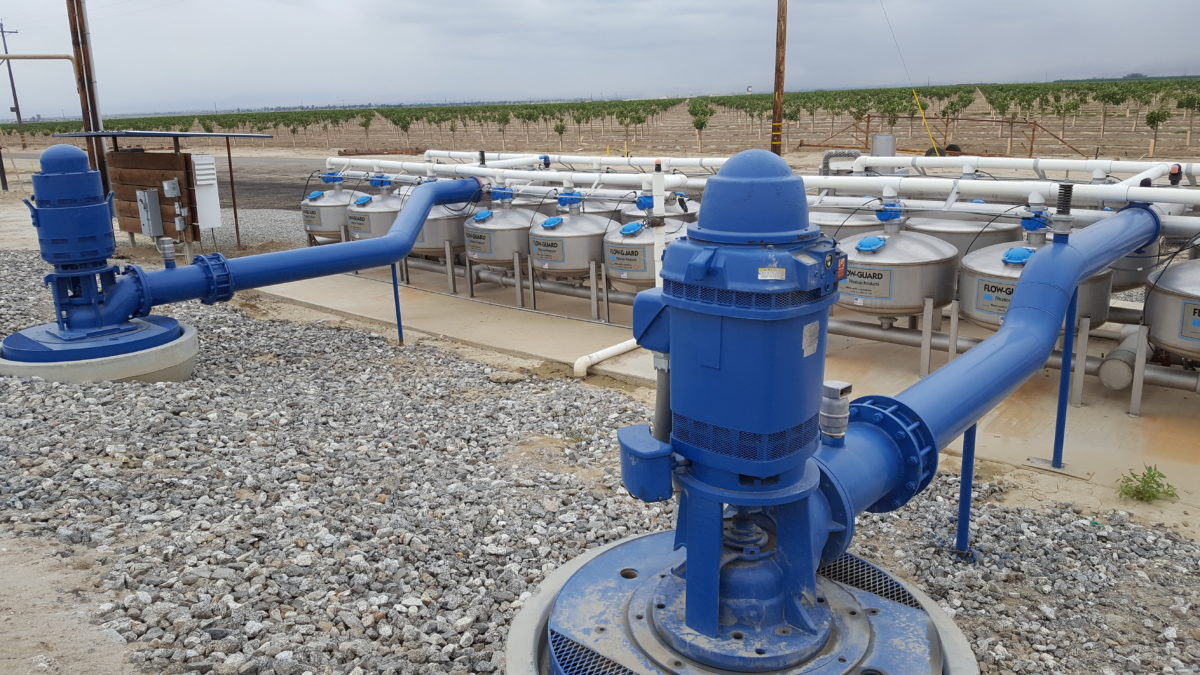UCCE advisor’s Breadth of Experience and Education Support Ranchers’ Economic Viability
By Jeannette Warnert, UCANR Communications Specialist
Livestock and natural resources advisor Dan Macon came to UC Cooperative Extension three years ago with much more than a formal education in integrated resource management and agricultural and managerial economics.
He had years of hands-on experience running a successful foothill sheep operation, toiling long days and often into the night tending animals, irrigating pastures, training livestock guardian dogs and managing forage.
“I came to this position mid-career,” said Macon, who also accumulated skills working for a family auction company and in various capacities for the California Cattlemen’s Association, the California Rangeland Trust and USDA’s Natural Resources Conservation Service.
The love of a rural lifestyle prompted his family to purchase a small ranch in Auburn to raise sheep 15 years ago. Natural communication skills led Macon to become respected local blogger at Foothill Agrarian and, eventually, a social media influencer with nearly 2,000 followers on Instagram @flyingmule.
When Macon bought his ranch, he needed help dealing with invasive Himalayan blackberries. He called Roger Ingram, the UCCE livestock and natural resources advisor in Placer and Nevada counties from 1997 to 2017.
“Roger helped me take care of the problem,” Macon said. “Following his recommendation, I bought goats and they grazed the blackberries into submission. Now the grass can out-compete the invasive plants. We’ve turned the area into grassland.”
Macon began volunteering for UC Cooperative Extension by teaching fellow ranchers about his experiences raising sheep, managing rangeland and raising and training livestock guardian dogs. Macon was a presenter at Ingram’s annual California Multi-Species Browsing Academy.
“I finally recognized that the parts of my earlier jobs that I most enjoyed involved things I’d be doing on a daily basis as a farm advisor – teaching and research,” Macon said. He earned a master’s degree from Colorado State University and applied to succeed Ingram after his retirement. Macon also took on the role in Sutter and Yuba counties, succeeding Glenn Nader.
Livestock production in the Sierra Nevada foothills ranks among the top five agricultural commodities. Economic viability is a major issue. Macon’s research and extension program is focused on ranch economics and business management, drought resilience, predator-livestock coexistence and irrigated pasture management.
At the UC Sierra Foothill Research and Extension Center in Browns Valley, Macon is conducting research that will help ranchers make decisions about maintaining a cattle herd when faced with impending drought. Even when the weather forecast is dry and forage isn’t growing at a sufficient pace, ranchers can be reluctant to sell off their cattle.
“Science tells us you shouldn’t try to feed your way out of a drought,” Macon said. “Ranchers want everything to stay the same. They want to maintain their genetic potential and keep cows that are familiar with the area.”
The research will compare cows weaned on a traditional weaning schedule with others that are weaned early.
“The cattle will be out on the range from March to early September under different parameters,” Macon said. “We’re also tying in economics, the value of genetic potential and the value of having cows who know the landscape.”
Macon is securing funding to conduct research on livestock guardian dogs in different production settings. Using low-cost GPS technology developed at New Mexico State University, Macon plans to study the relationship between dogs, predators and livestock in terms of space and time.
“One unknown is whether they displace predators or disrupt predatory behavior,” Macon said.
Macon uses livestock guardian dogs on his ranch and will be able to draw on his own experiences in designing the study. He recently wrote a fact sheet on guardian dog selection with UCCE human-wildlife interaction advisor Carolyn Whitesell.
“We’ve had great success with our guardian dogs,” he said. “But not everyone has that level of success. Using scientific tools like remote sensing and GPS technology will give us more details about wildlife-guardian dog-livestock interactions.”
During this year’s shelter-in-place, Macon has become more creative in reaching out with scientific ranching information. He and large-scale sheep producer Ryan Mahoney of Rio Vista created a weekly podcast, “Sheep Stuff Ewe Should Know.” Early episodes cover such topics as risk management, the effects of COVID-19 on the sheep industry and livestock guardian dogs. The podcast is available on Spotify and other mobile podcast apps.
Macon developed a new bi-weekly webinar series, “Working Rangeland Wednesday,” with UCCE specialist Leslie Roche and UC Davis graduate student Grace Woodmansee. Recordings are posted on YouTube.
Traditional, one-on-one farm calls are also a part of Macon’s extension program. He conducts five or six a month. Even so, the COVID-19 pandemic prompted Macon to begin remote advising. Soon after Gov. Newsom’s shelter-in-place order was issued, Macon got a call from a woman whose ewes had recently given birth.
“She thought the lambs weren’t doing well and wondered what she could do,” Macon said. “We both had Facetime, so I asked her to show me what the sheep looked like. I was able to assure her that things were normal and suggested bottle feeding. I talked to her several times over the next couple of days, and she was able to save the lambs.”
Most queries from local ranchers center on pasture or grass management, species composition, fencing, paddock design and animal husbandry. Last year, ranchers called with blue oaks suddenly and inexplicably dying on their land.
“The trees had no visible injuries. Ranchers were wondering if it was a lingering effect of drought or due to habitat fragmentation,” Macon said.
Macon contacted UC Cooperative Extension plant pathology specialist Matteo Garbelotto, a UC Berkeley-based tree disease expert. The scientists collected scorched leaves, wood samples and soil near the trunks of the dead or dying trees. They found evidence of fungi Botryosphaeria corticola and B. dothidea in wood chips collected at breast height. However, blue oak is not an official host for the two pathogens in the USDA fungus-host database.
The researchers believe that recent droughts and climate change may be causing an increased and widespread susceptibility of blue oaks or that an unknown pathogen may be increasing the susceptibility of blue oak to the canker disease. The progress made in solving these mysterious blue oak deaths was published in the most recent California Agriculture journal and will be the subject of continuing investigations in the future by Macon and his colleagues.

